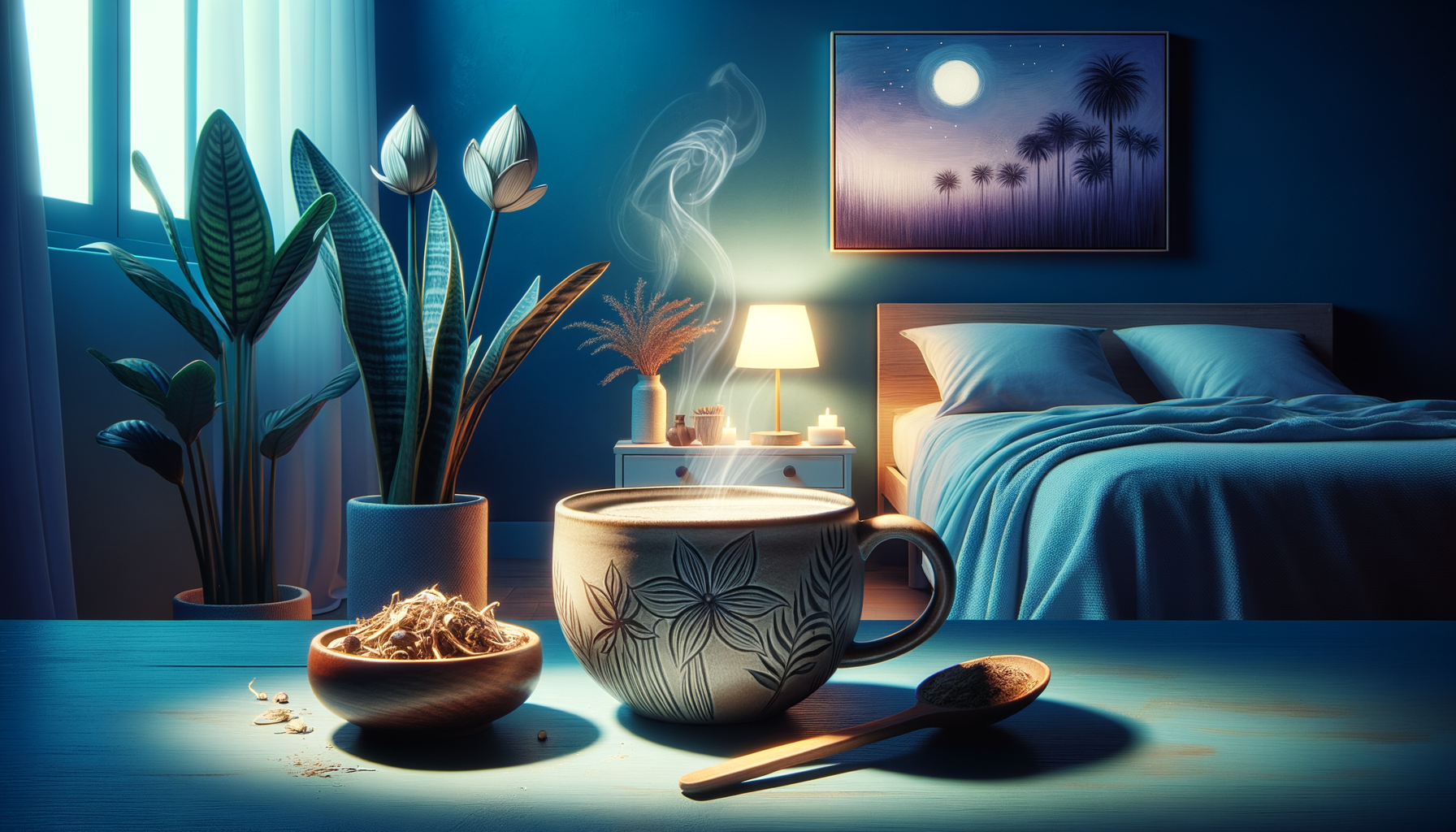Hey there, sleep seekers! If tossing and turning is part of your nightly routine, you’re not alone. Millions struggle with insomnia, stress-induced restlessness, or just the plain old inability to catch enough Zs. But what if I told you there’s a natural remedy that Pacific Islanders have been using for centuries? Meet kava—your potential answer to drifting off into dreamland more easily.
What is Kava?
Kava, also known as kava kava, is a plant native to the South Pacific. Traditionally used in ceremonial cultures for its soothing effects, kava has been increasingly recognized as a natural way to combat anxiety, promote relaxation, and yes, improve sleep. But how effective is it, really? And are there any risks to keep in mind?
How Does Kava Work as a Sleep Aid?
The Role of Kavalactones
Kava’s magic lies in compounds called kavalactones. These chemicals interact with the body to exert a calming influence, primarily by affecting enzymes and receptors in the brain.
- Enzyme Activation: Kavalactones activate p38 mitogen-activated protein kinase, which helps regulate the body’s response to stress.
- GABA Receptors: Kavalactones also interact with GABA receptors in the brain, slowing down nerve signals and inducing a sense of relaxation very much like some prescription sleep medications.
This dual action helps reduce anxiety and promote relaxation, both key elements in achieving a good night’s sleep.
The Research: What Science Says About Kava
Evidence for Its Effectiveness
Several studies have shown promising results for the use of kava as a sleep aid:
- Animal Study (2005): A study on sleep-disturbed rats indicated that kava could help them fall asleep quicker without altering total sleep time.
- Human Study (2004): A small trial involving 61 participants suggested that kava improved sleep quality in individuals with chronic anxiety.
- Stress-Induced Insomnia Study (2001): In a study involving 24 adults with stress-induced insomnia, kava significantly improved sleep quality and duration.
Mixed Results
While these findings are encouraging, it’s important to note that not all studies are in agreement:
- Placebo Comparison (2005): In a study involving 391 adults, kava was no more effective than a placebo or valerian in improving sleep.
- Comprehensive Review (2015): A review of 14 trials concluded that kava did not consistently outperform placebos in improving sleep quality.
How to Use Kava
Different Forms of Kava
Kava can be consumed in multiple forms including tea, capsules, powder, and liquid extracts. Tea is the most traditional, while capsules and tinctures might be more convenient for those on the go.
Recommended Dosages
Experts usually recommend a daily intake between 70 to 250 mg of kavalactones, but it’s crucial to consult with a healthcare provider to determine the appropriate dosage for your individual needs.
Potential Side Effects
While kava can be incredibly beneficial, it’s essential to be mindful of possible side effects:
- Mild Effects: Indigestion, headache, drowsiness, and dizziness may occur.
- Interactions: Kava can interfere with blood clotting and should be avoided if you are on blood thinners or before surgery.
Always make sure you’re using kava derived from the root to avoid harmful side effects attributed to other plant parts.
Safer Alternatives and Sleep Hygiene
If you’re not quite convinced about kava, or if you’re looking for additional ways to boost your sleep quality, here are some alternatives:
- Melatonin Supplements: A natural hormone that helps regulate sleep-wake cycles.
- Exercise and Mind-Body Therapies: Regular physical activity, yoga, and meditation can significantly improve sleep.
- Sleep Hygiene: Stick to a regular sleep schedule, create a dark and cool sleep environment, and avoid food and caffeine before bedtime.
Final Thoughts
Kava offers a promising natural alternative for those seeking to improve their sleep quality and reduce anxiety. While research is a mixed bag, there’s enough positive evidence to consider giving it a try. However, make sure you’re well-informed about the appropriate dosages and potential side effects.
At KavaKist, we’re all about helping you make informed choices. Check out our range of kava products specifically designed to help you relax and get a good night’s sleep. Sweet dreams, sleep seekers!
Matt Warren, co-founder of Psychedelic Water, says: "I’ve found that kava is an incredible tool for winding down after a stressful day. The natural relaxation it brings has been a game-changer for both my sleep quality and overall well-being."
Ready to put insomnia to bed? Give kava a try and embrace the peaceful sleep you’ve been dreaming of! 🌙✨
If you enjoyed this post, don’t forget to share it and follow us on social media for more tips and tricks to enhance your well-being naturally!

Leave a Reply